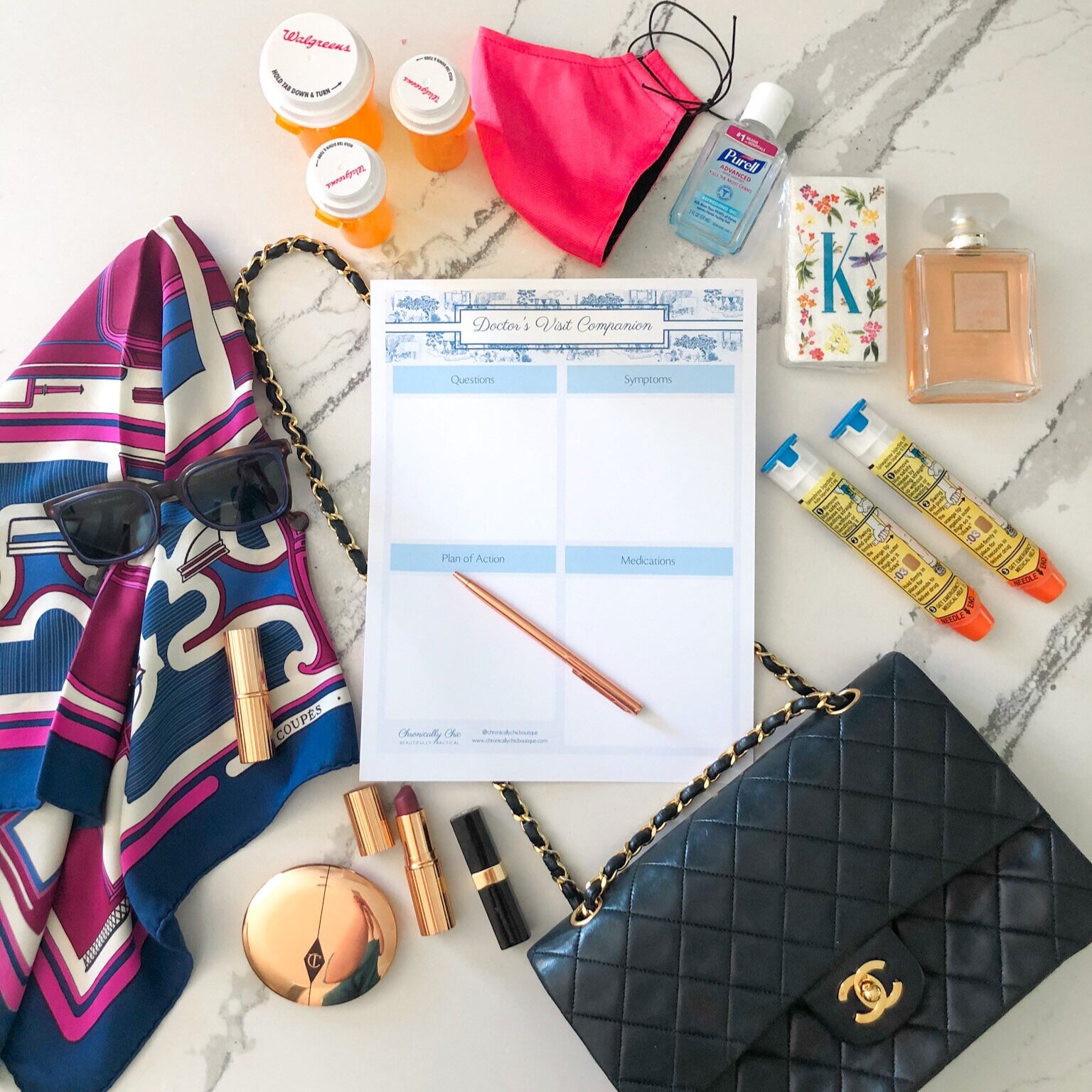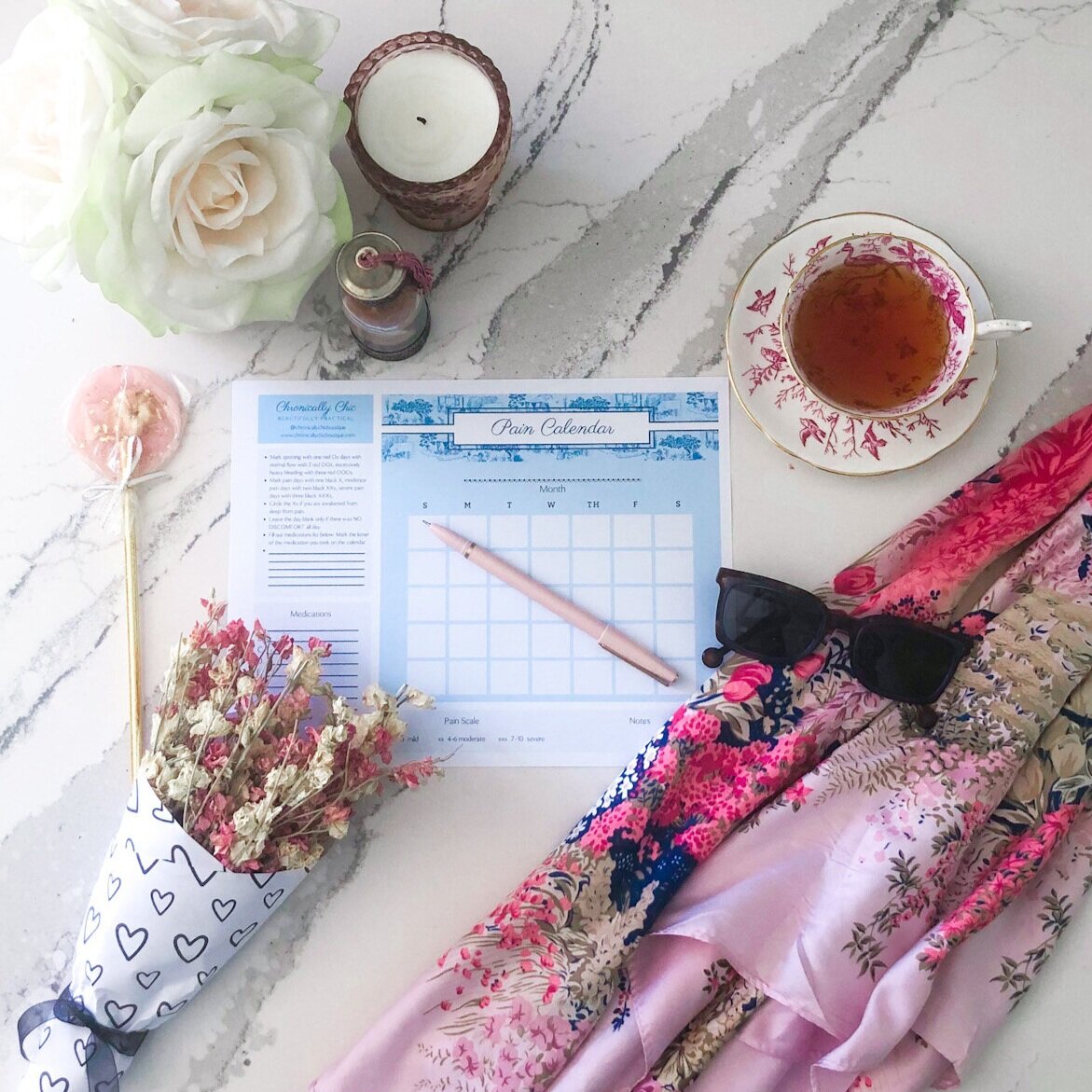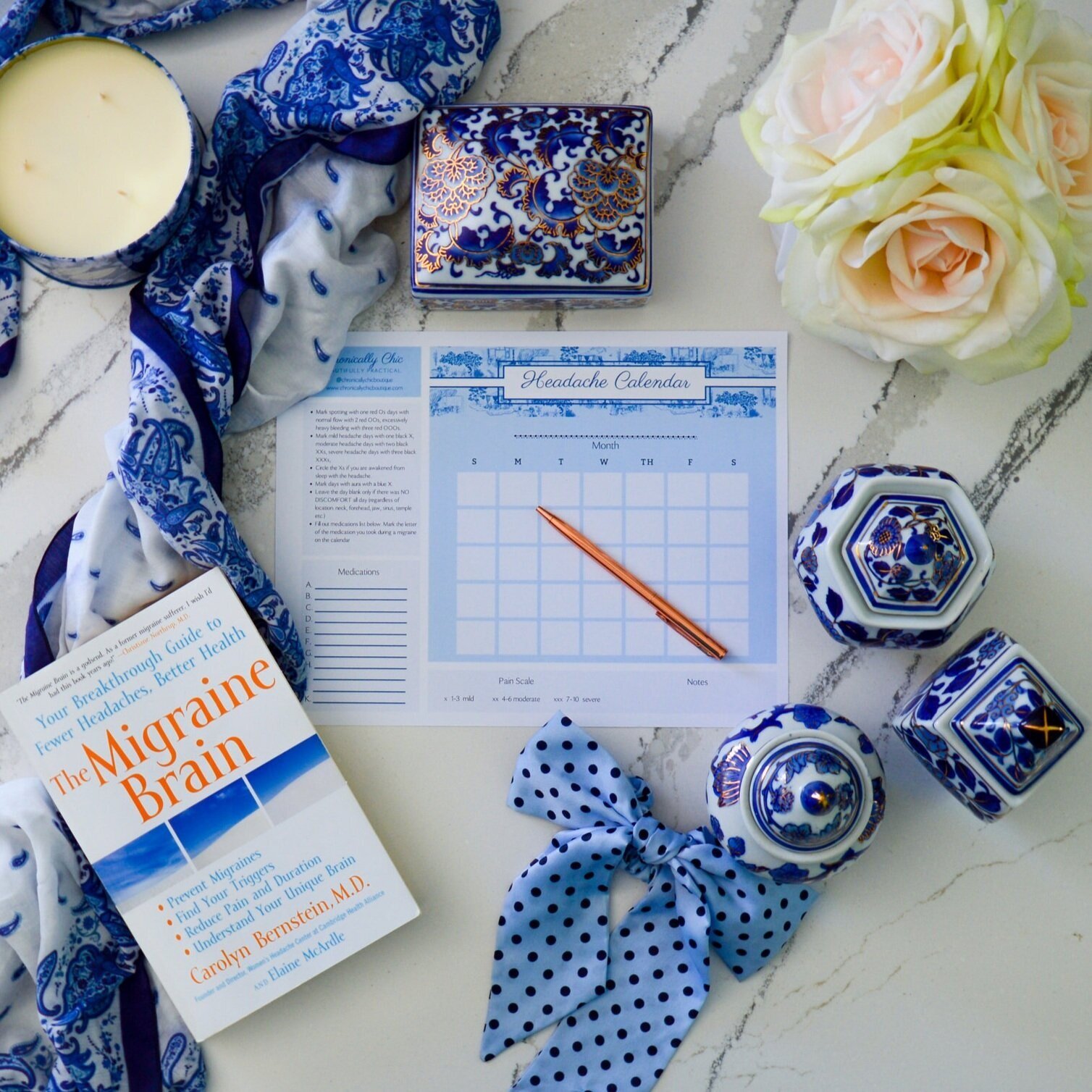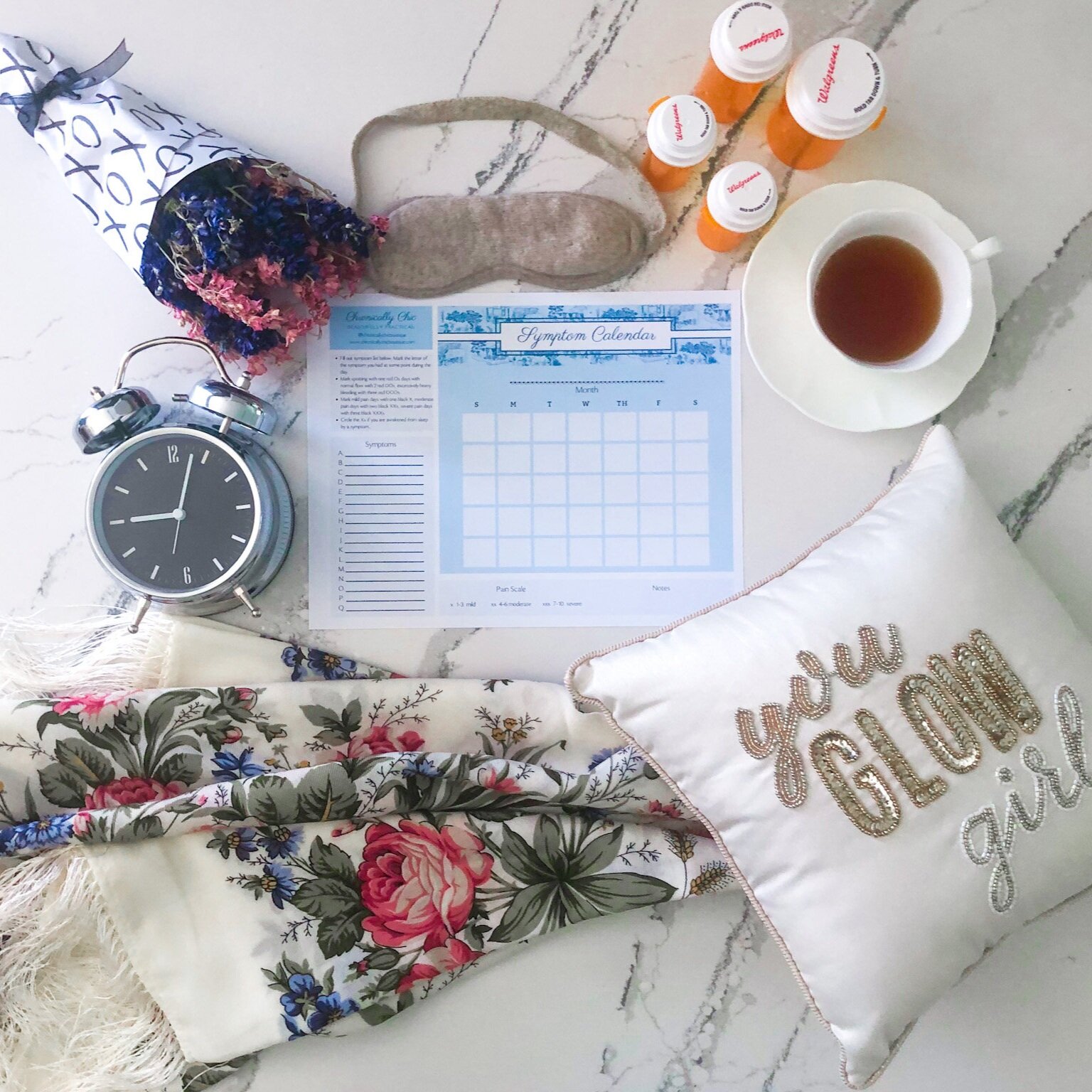Preparing for Your Doctor’s Appointment
Seeing your doctor can either be an enlightening or a frustrating experience. You hope that you’ll walk out with a game plan to alleviate your symptoms with referrals to specialists and new medications. Unfortunately, that is not always the case. I’ve put together a guide to help ensure that you have an effective doctor’s visit. If you arrive prepared, you’ll be able to advocate for yourself and leave with a plan.
Before Your Appointment
Write down the facts about your illness:
· What are your symptoms?
· How often you have symptoms or pain?
· Where is the pain?
· How long do your symptoms last?
· What triggers your symptoms?
· For women: dates of your last menstrual cycle. Did your symptoms change or intensify during your menstrual cycle?
· Is there a family history of a particular illness?
· ALL the medications, vitamins, and supplements you are currently taking and their dosages.
· What medications you have taken to alleviate the illness you are seeing your doctor for and if they worked.
To help answer some of these questions check out our symptom, pain, and headache calendars. If you are tracking your symptoms with a calendar it is a great visual to help your doctor understand the severity of your illness. It can also help you realize how severe highlight for you the severity and consistency of your symptoms. I personally thought my migraines were every few days. Once I started tracking them with a calendar, it became apparent that they were actually happening every other day.
Write down the questions that you have for your doctor. I typically start this a few days in advance and write down whatever question comes to me. I’ve left too many doctors’ appointments where I’ve thought, “shoot I forgot to ask that”. Having them written down in advance will help prevent that.
During Your Appointment
Takes notes of everything! If you are starting a new medication write down the name and dosage. If they are prescribing a procedure, find out what it’s called and what it is intended to do. If they are referring you to a specialist write down the name of the specialist. There have been times where the doctor forgot to send a referral and I had to call and ask them to send it. The problem was I forgot the name of who I was being referred to.
It may also be beneficial to have someone, a friend or family member, come with you. They may think to ask questions you never thought of. They can also help with note taking so that you are less distracted while you are speaking with your doctor.
Ask when you can see your doctor for a follow-up visit and make sure you book it before you leave the office.
After Your Appointment
If your doctor sent a referral or a prescription and you haven’t heard from the specialist or pharmacy after a few days make sure you follow up. Call your doctors office if the specialist or pharmacy have not received anything.
If you are looking for more help preparing for your doctor’s appointment check out our doctor’s visit companion printable. It’s free! It will help you structure your thoughts and help you to get the game plan you need to manage your illness.
Check out the free printables that were referenced in this article below.






